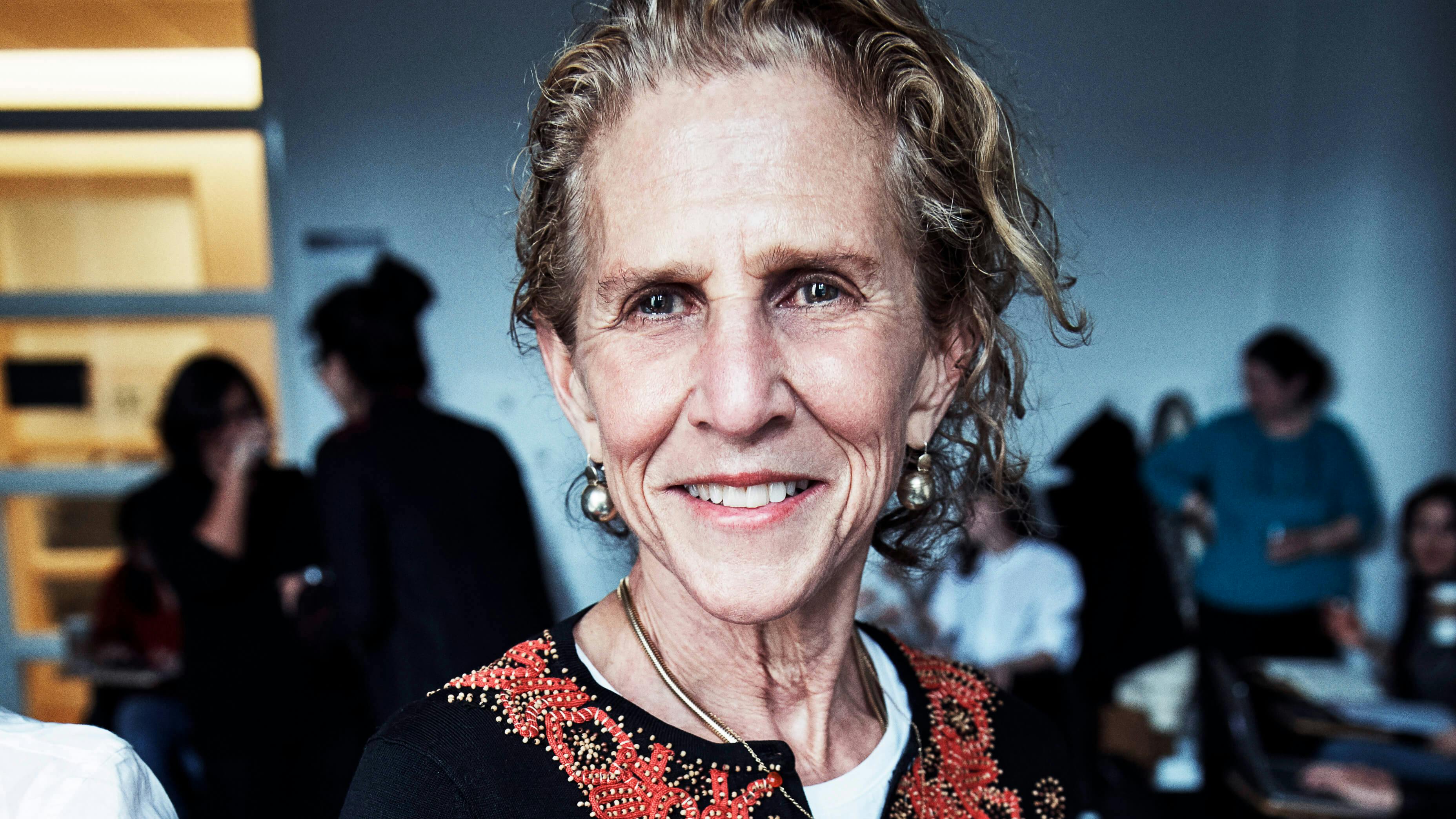
After a career spanning more than 30 years of scholarship on the political economy of imperialism, one might assume Ann Laura Stoler had exhausted nearly all possibilities for research on that subject. But motivated by a deep need to ground theoretical work in current issues, Stoler continues to find new avenues in her work and new methods to rethink how the imperial past and present inflect the racial and political climate of today.
At the start of her career, Stoler researched the ways in which labor relations were shaped by relations of sexuality and gender on plantations in Southeast Asia. This work led her to investigate the colonial history of Sumatra to gain an understanding of how colonial labor regimes have informed those of the present and changed the very topography of Indonesia. As her work continued throughout the years, Stoler focused on how racial categories are constructed, how race permeates the contemporary landscape, and the politics surrounding sentiment as a marker of racialized distinctions. Stoler recently began research on the assessment of sentiment in American legal decisions and how race figures in the judgment of “appropriate” sentiment, particularly as it relates to the expression of remorse.
Stoler finds her work drawing her closer to the edges of the academy, stating, “I don't think theory matters unless it is grounded in critical issues that speak to the problems in the world today. And that's how I think of The New School: It's not a place where you just do theory- conceptual work should provide leverage for understanding what passes as common sense and what practices and conceptual conventions contribute to the inequities we inhabit.” This personal philosophy led her to found the Institute for Critical Social Inquiry. For one week each summer, the institute invites three top scholars to teach on the topics for which they are well known. Doctoral candidates, postdoctoral fellows, and faculty from around the world come to the institute to immerse themselves in intensive “master classes,” workshops, and rigorous discussion. Stoler calls the institute an outgrowth of her teaching and a place where the academic community can feel accountable to the world in which they live.
Stoler, like the rest of the anthropology department, adopts a hands-on approach with graduate students. Both she and the program invest a tremendous amount of time and energy in MA students, ensuring that they are ready to join top doctoral programs around the country. Stoler credits the interdisciplinary nature of the program with strengthening students' scholarship. She also points to the collaborative nature of the program as a benefit. In the department, different cohorts come together in workshops to share and review knowledge from fieldwork and dissertations, enabling new students to learn from more experienced ones. Together with Stoler, students find unexpected angles and open one another up to completely new ways of thinking and working.